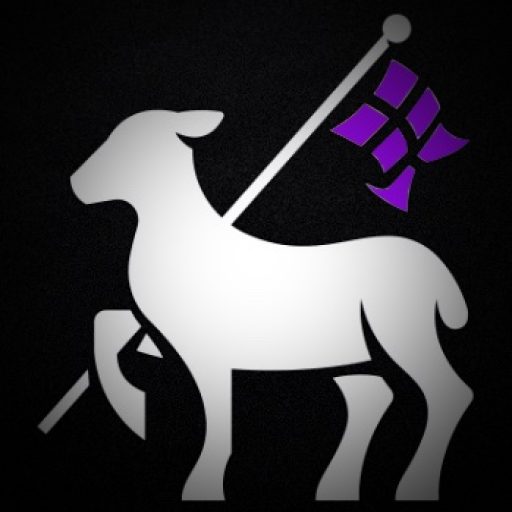Sheep and Goat Health
Sheep, Goats, and Cottonseed Meal
Gossypol is a natural chemical compound that is found in many plants, particularly members of the cotton family. Cottonseed meal is one of the most common feeds that are high in gossypol. It is used in many products, from cosmetics to pharmaceuticals, and is generally thought to be safe for human consumption. However, when it comes to sheep, goats, and cottonseed meal, there are serious concerns and potential risks involved.
What is Gossypol?
Gossypol is a phenolic compound that is found in many species of plants, particularly in cotton. It is also found in other plants such as okra, hibiscus, and castor bean. Gossypol is a natural insecticide and is thought to protect plants from pests and disease. It also has a range of other uses, from cosmetics to pharmaceuticals. In humans, gossypol has been found to have antifungal, anti-inflammatory, and antioxidant properties.
Gossypol and Sheep or Goat Feeds
When it comes to feeding gossypol to sheep and goats, there are serious health concerns. Gossypol can be toxic to these animals and can cause a range of health problems including anemia, diarrhea, and even death. In addition, gossypol can interfere with the absorption of essential minerals and vitamins, which can lead to nutritional deficiencies. There is additional concern regarding gossypol’s effects on reproduction.
Cottonseed Meal and Gossypol
Cottonseed meal is one of the most common feeds that are high in gossypol. It is often used as a source of protein for livestock, but it is important to be aware of the potential dangers associated with feeding it to sheep and goats. Some feeds containing cottonseed meal have been treated to remove most gossypol. Alternatives to cottonseed meal for sheep and goats include soybean meal, peanut meal, and alfalfa meal. These are all lower in gossypol and are safer to feed to these animals. You can purchase feed alternatives by clicking HERE.
Can Gossypol Be Removed From Feed?
Yes, some feeds that contain cottonseed meal have had the gossypol removed. This process is known as “gossypol extraction” and involves a chemical process that removes the gossypol from the cottonseed meal. This can be an effective way to reduce the risk of toxicity from gossypol in feeds that contain cottonseed meal, although it is important to be aware that the process is not 100% effective and some gossypol may still remain in the feed.
Gossypol and Reproduction
The effects of gossypol on reproduction in sheep and goats is also an area of concern. A number of studies have found that gossypol can have a negative effect on reproduction, leading to decreased fertility, infertility, and even abortion in some cases. In addition, gossypol can interfere with the development of the reproductive organs in both males and females, leading to decreased fertility and other reproductive problems.
What do the Studies Say About Gossypol?
There have been several studies that have looked at the effects of feeding gossypol to sheep and goats. One study found that feeding gossypol to sheep and goats can lead to anemia, diarrhea, and even death. Another study found that gossypol can interfere with the absorption of essential minerals and vitamins, leading to nutritional deficiencies. Finally, a third study found that feeding alternative feeds such as soybean meal, peanut meal, and alfalfa meal can be a safer alternative to feeding cottonseed meal to sheep and goats.
Conclusion
Gossypol is a natural chemical compound that is found in many plants, particularly members of the cotton family. It is generally thought to be safe for human consumption, but when it comes to feeding it to animals, particularly sheep, and goats, there are serious concerns and potential risks involved. Cottonseed meal is one of the most common feeds that are high in gossypol, but there are alternatives such as soybean meal, peanut meal, and alfalfa meal that are lower in gossypol and are safer to feed to these animals. Several studies have looked at the effects of feeding gossypol to sheep and goats, and have found that it can be toxic and can lead to anemia, diarrhea, and even death. It is important to be aware of the potential dangers associated with feeding gossypol to sheep and goats and to be aware of the best alternatives. For more information about gossypol toxicity, click HERE.

